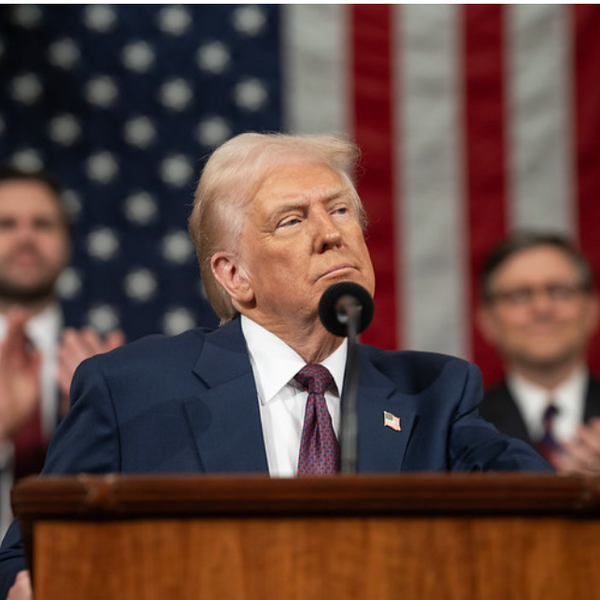
By Stephanie Haven, McClatchy Washington Bureau
WASHINGTON — Sixty-seven U.S. colleges are under federal investigation for their handling of sexual assault cases. And prospective students have started to take notice.
The past academic year marked a seismic shift. No longer were discussions of campus sexual assault confined to a handful of Northeastern colleges. From the University of California, Berkeley, to the Pennsylvania State University and from the University of Chicago to the University of North Carolina-Chapel Hill, students unleashed an army of activists on college administrators.
The White House took notice, creating a task force on campus rape. Congress took notice, promising legislation and hosting hearings where students testified. The Departments of Justice and Education took notice, restarting stagnant investigations.
“Schools are realizing that this is something that they have to stop (messing) up because it’s looking so bad for them,” said John Kelly, special projects coordinator at Know Your IX, a student rights organization focused on the federal law that bans gender discrimination on campus. “It’s not going to bode well.”
For colleges that had already been in the spotlight for mishandling sexual assault cases before this year, the national attention packed an extra punch.
“I have seen schools have demonstrable drops in enrollments when these kinds of situations end up in the newspaper when students say, ‘Our school isn’t being truthful about what crimes happen on our campus,'” said James Moore, the Education Department manager of the Jeanne Clery Act Compliance Team, which grew out of a federal law that requires colleges to report campus crime to the department. “The cover-up ends up hurting you more than the offense itself.”
College applicants select schools for myriad reasons. But does the handling of sexual assault by institutions of higher learning play a part in those decisions?
While admissions officers are careful not to point to it as the sole reason for the decline, applications to two elite colleges — Dartmouth and Amherst — fell by 14 percent and 8 percent, respectively, after recent high-publicity sexual assault cases on their campuses.
But one year’s numbers, though significant in these examples, don’t make a trend.
How the new national attention affects applicants’ decisions in the next admission cycle and beyond remains to be seen.
“If you have increased publicity about mismanagement, sexual assault, or whatever — if it’s in the paper year after year — it may have a snowball effect on application numbers,” said Tony Bankston, the dean of admissions at Illinois Wesleyan University and a member of the Admission Practices Committee of the National Association for College Admission Counseling.
Looked at as a consumer protection issue, “buyers” — prospective students and parents — have become more informed about sexual assault as an issue on college campuses. With that savvy has come increased demand for accountability, such as accurate data about the number of sexual assaults in a year and compliance with related federal law.
“The White House can issue different statements, Congress can legislate new laws, but at the end of the day it’s really going to be prospective students, current students, and alumni who keep up the pressure over time,” said Tracey Vitchers, the chair of the board of Students Active for Ending Rape, a student rights group. “That external pressure — when it comes to image, endowment size, and recruitment — is very important to the school.”
But sexual assault remains one of the most underreported crimes. Though the Clery Act requires colleges to report incidents of sexual assault, stark inconsistencies remain from school to school. More often than not, colleges with higher reported numbers of sexual assault reflect an environment where students feel comfortable coming forward, not necessarily a campus rife with sexual violence, according to the Department of Education.
“What you often find is schools with higher numbers have simply done more to find out what the truth is,” Moore said. “They’ve been more transparent about it or they’ve created a safer environment for people to come forward. And if you do that, people will let you know what’s going on.”
Photo: vkp_patel via flickr
Interested in national news? Sign up for our daily email newsletter!








